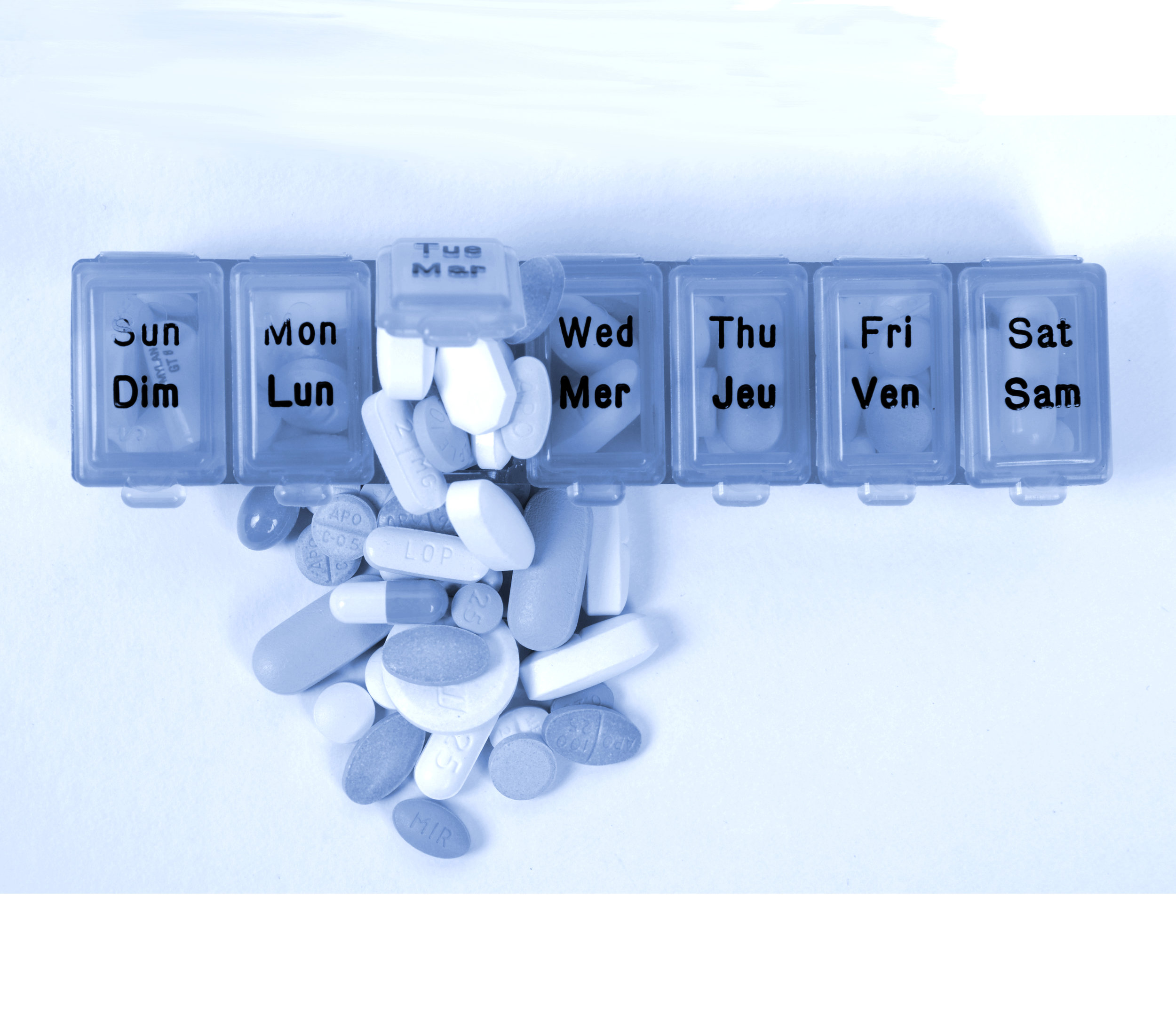
Summer heat waves and the medications that increase your risk
For many Canadians, summer is synonymous with having fun in the sun. Unfortunately, over the past several years, extreme heat waves have become increasingly common. This not only makes summer less enjoyable but can affect your health. Heat and humidity can cause heat stroke, dehydration, dizziness and fainting, hospitalizations, and even death.
Certain commonly used medications can make you more sensitive to the effects of heat. These medications can increase your risk of heat stroke and other heat illnesses. Some are available with a prescription and others are available off the shelf in your pharmacy. Are you taking any of these medications?

Doctor, do I really need an antibiotic?
What is antimicrobial resistance and why is it important?
When antibiotics no longer work to kill bacteria, this is called antibiotic or antimicrobial resistance. This means that infections caused by certain types of bacteria can become difficult or impossible to treat with the antibiotics we have now. Read more…

Are you the victim of a prescribing cascade?
What is a prescribing cascade?
A prescribing cascade can happen when you and/or your health providers do not realize new symptoms are actually the side effects of one of your medications. Read more…

What you need to know about anticholinergic medications
By Johanna Trimble and Janet Currie
Some medications you take for allergies, sleep, nausea, depression or incontinence belong to a group of medications called anticholinergic medications. Read more…

A pill for every ill? Make sure your medication is really helping you.
By Dr. Cara Tannenbaum, Geriatrician and Director, Canadian Deprescribing Network
Nowadays, it seems there is a choice of pills you can take for every symptom, big or small. Most people only have 10 minutes in their doctor’s office to discuss health issues. Read more…

Are you worried about the medications older family members are taking?
By Janet Currie and Johanna Trimble
Often, adult children are the first to notice the effects of prescription medications on their parents or other family members.
Common adverse effects can include problems with memory, over-sedation, confusion, dizziness, balance problems, increased falling or behaviour that is unusual. Read more …

9 Quick Safety Tips to Manage Your Medications
By Johanna Trimble and Janet Currie
Track your meds. It’s up to you or your family to keep track of the drugs you are taking. Your medication list is unlikely to be available to all health professionals online! Electronic medical records systems often don’t “talk” to one another. Read more…

5 (More) Quick Safety Tips To Manage Your Medications
By Johanna Trimble and Janet Currie
Ask for a medication review. Ask your doctor or pharmacist to review all your medications, especially if you are taking several or if different doctors prescribed them. Read more…
